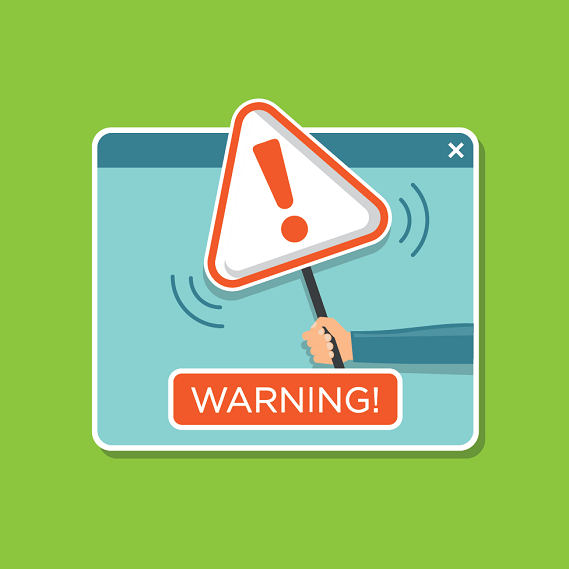Consumer Awareness
It is fundamental that all individuals understand their rights as consumers of products and services.

Consumer education can be twofold: awareness of those rights as a consumer; and the application of those rights and responsibilities if products and services exploit and/or infringe the rights of others.
The internet can be used as a tool to help digital citizens understand their choices as consumers in today’s society, and also as a medium to help digital citizens reclaim their rights. Some consumer education campaigns have successfully used media for wider audiences and today the internet can push and promote awareness at a fast global pace.
With new technology allowing consumers to make purchases with facial recognition or via embedded chips or e-tattoos, consumers must continue their vigilance.
More than 60% of Europeans access the internet on a daily basis and more than two thirds of internet users have made purchases online.1 The European Commission has provided information to inform individuals (and businesses) about buying goods and services online.
Another aspect of consumer awareness, or perhaps more correctly termed the flip-side of consumer awareness, is entrepreneurship. Digital citizens are also acting as entrepreneurs, actively selling products and services to digital citizen consumers.
These online entrepreneurs are using social media to market their goods, online platforms to host their goods, digital delivery systems to ship their goods and more. Online entrepreneurs are now more than ever concerned with the rights and responsibilities of their users/clients/followers, as they engage in this digital economy newly regulated by the General Data Protection Regulation.
1. E-commerce statistics for individuals. Eurostat
Are these things really better than the things I already have? Or am I just trained to be dissatisfied with what I have now?
Chuck Palahniuk


